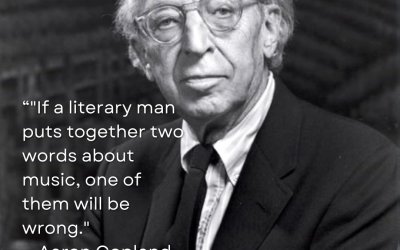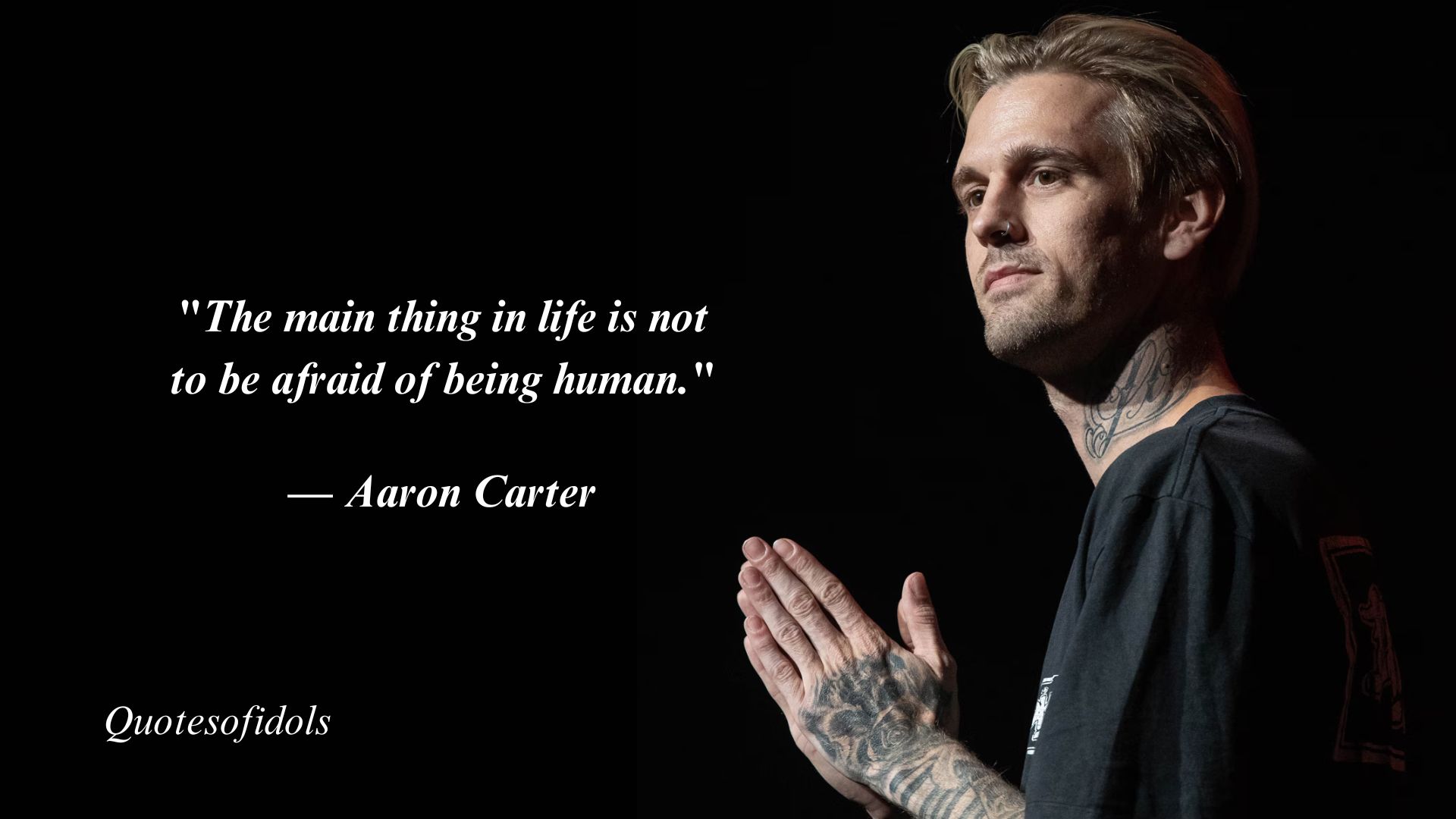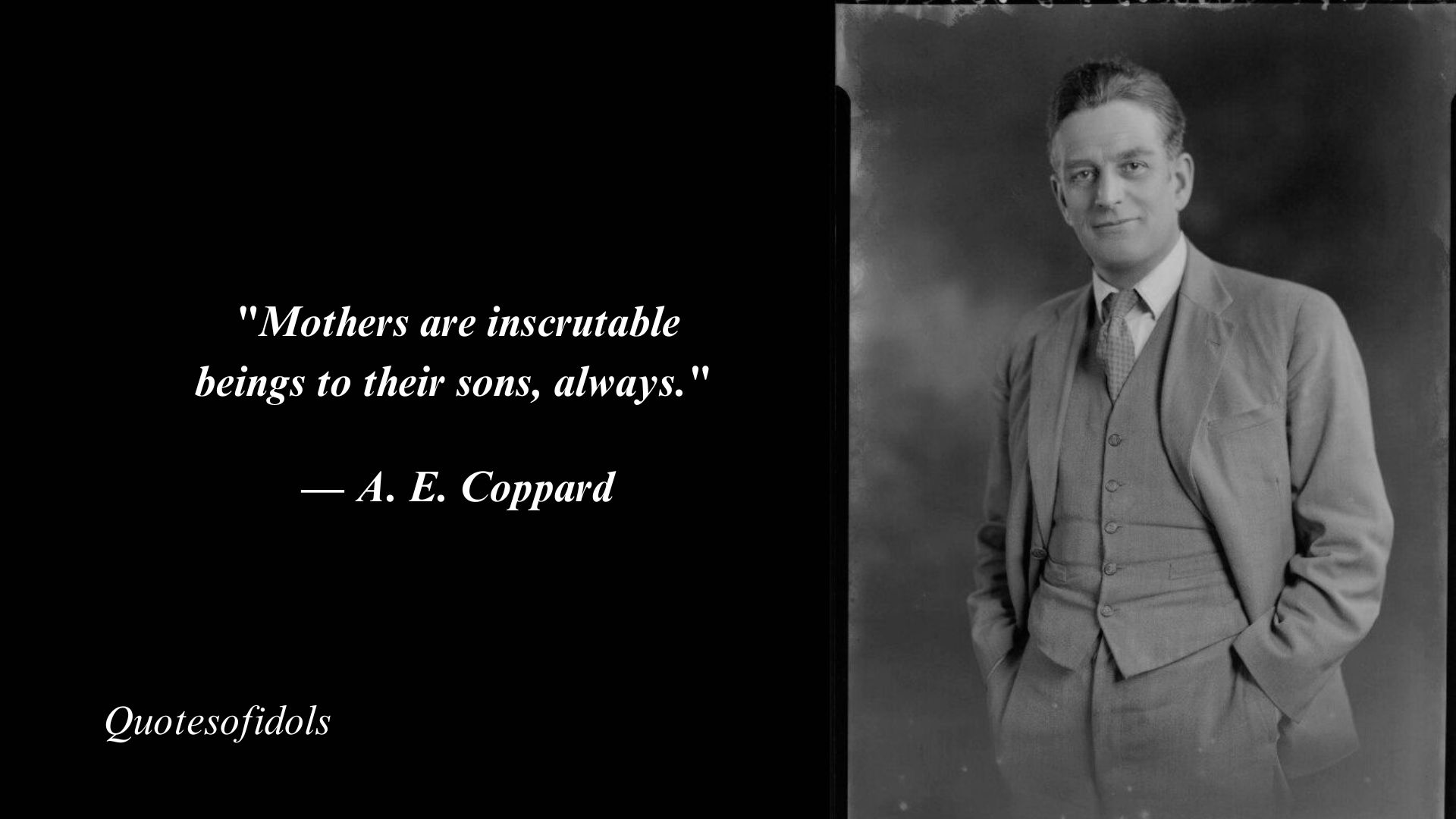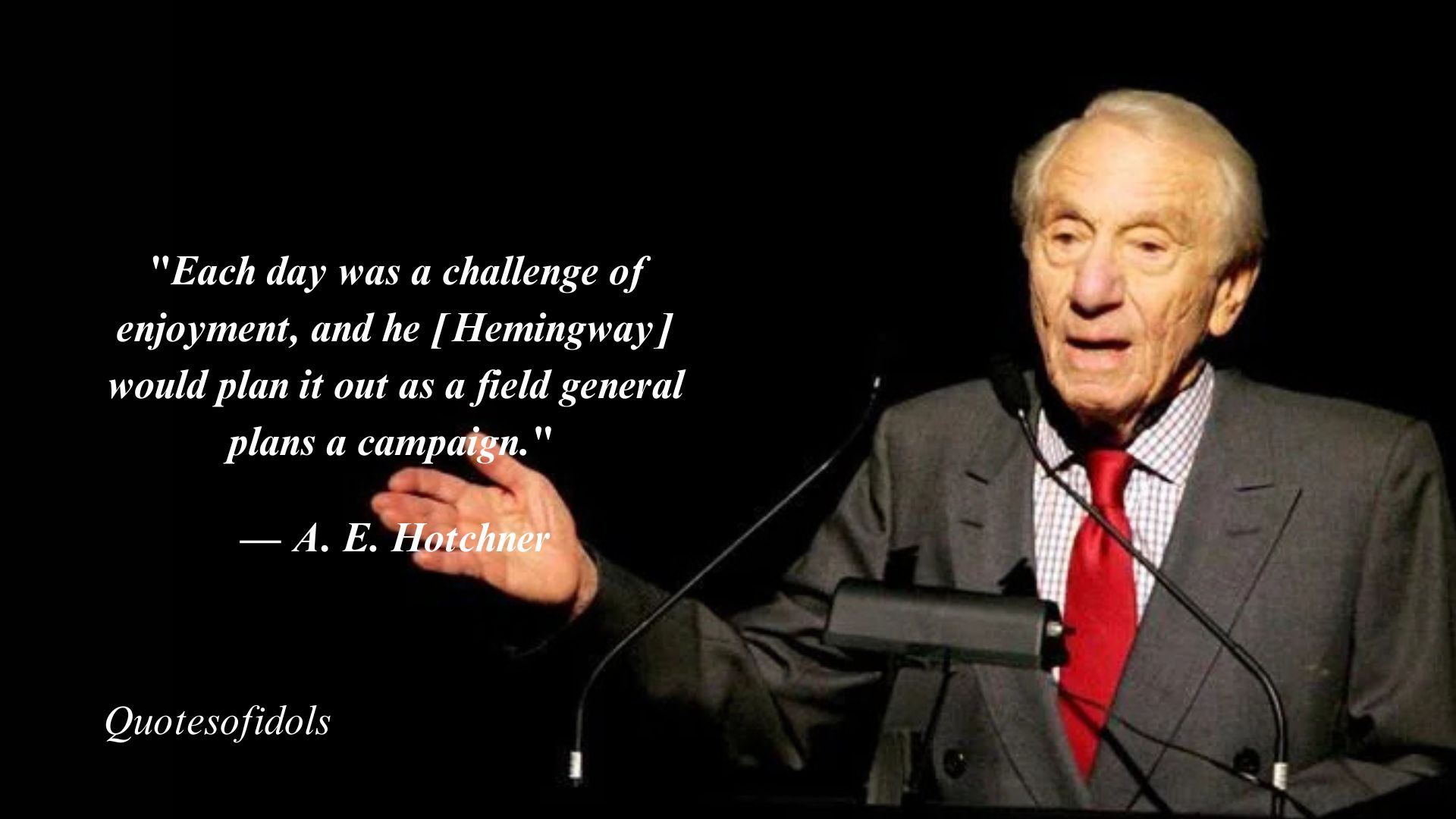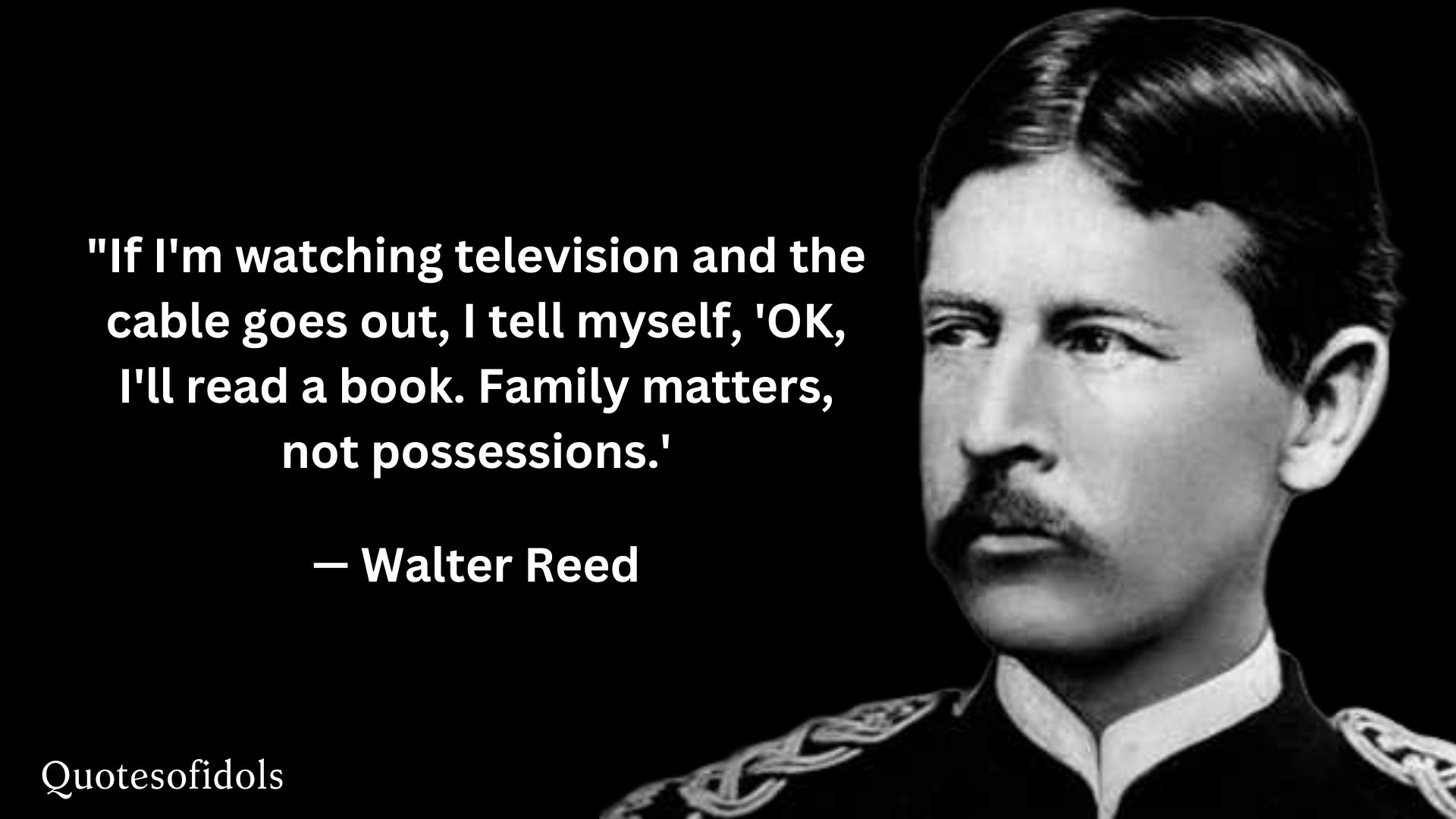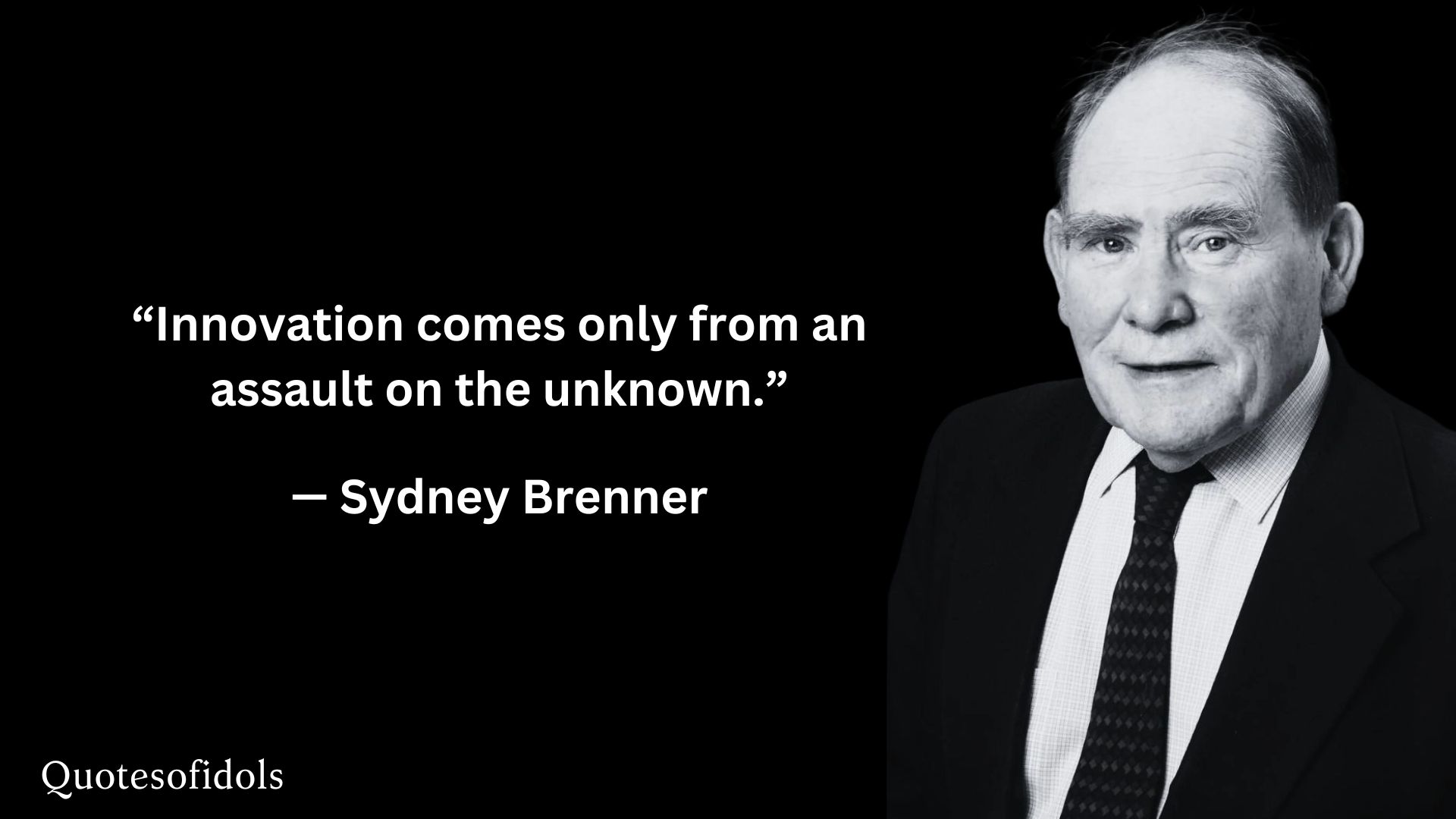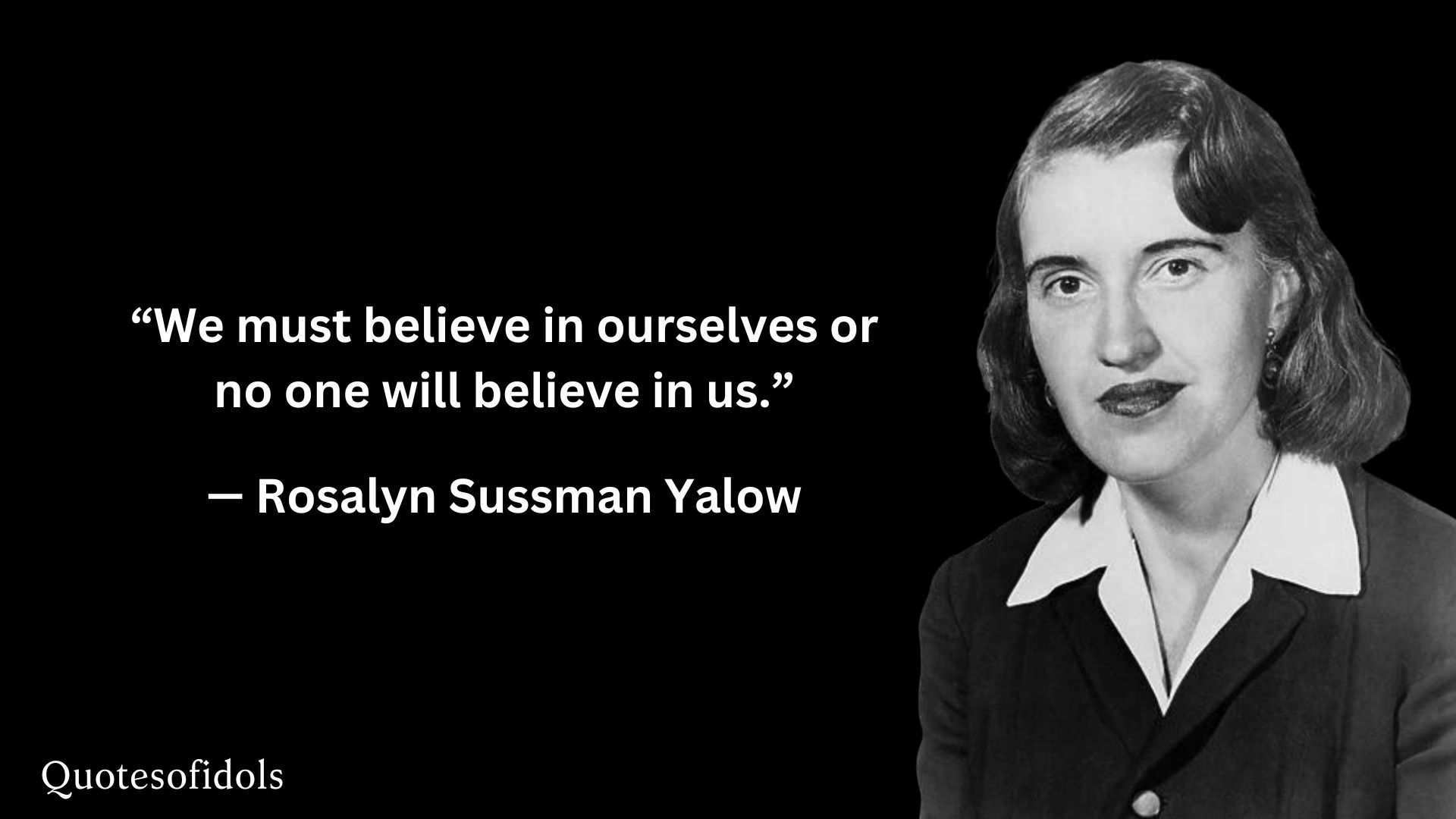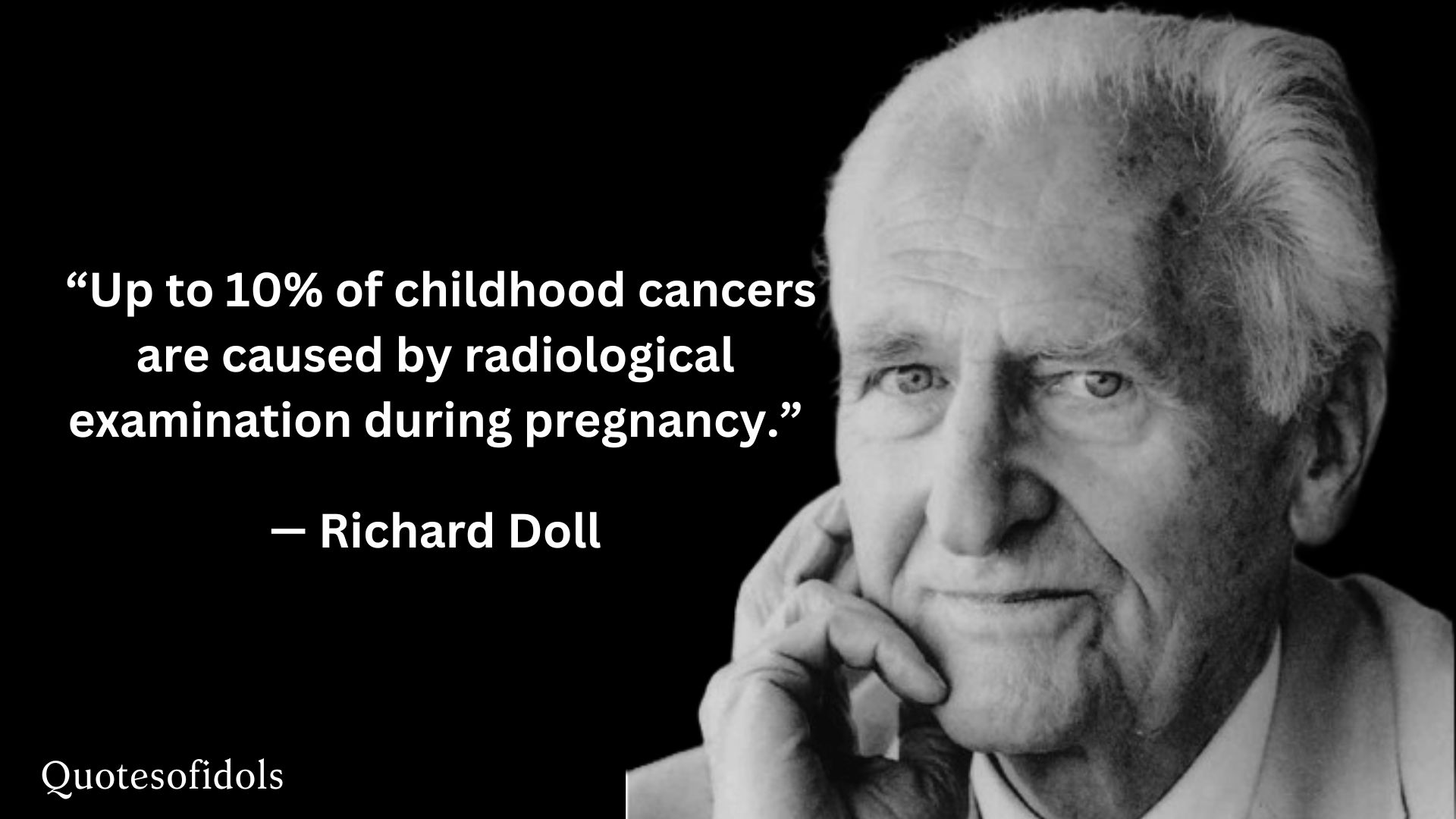Insightful Quotes by Francis Crick: Reflections from the Co-Discoverer of DNA
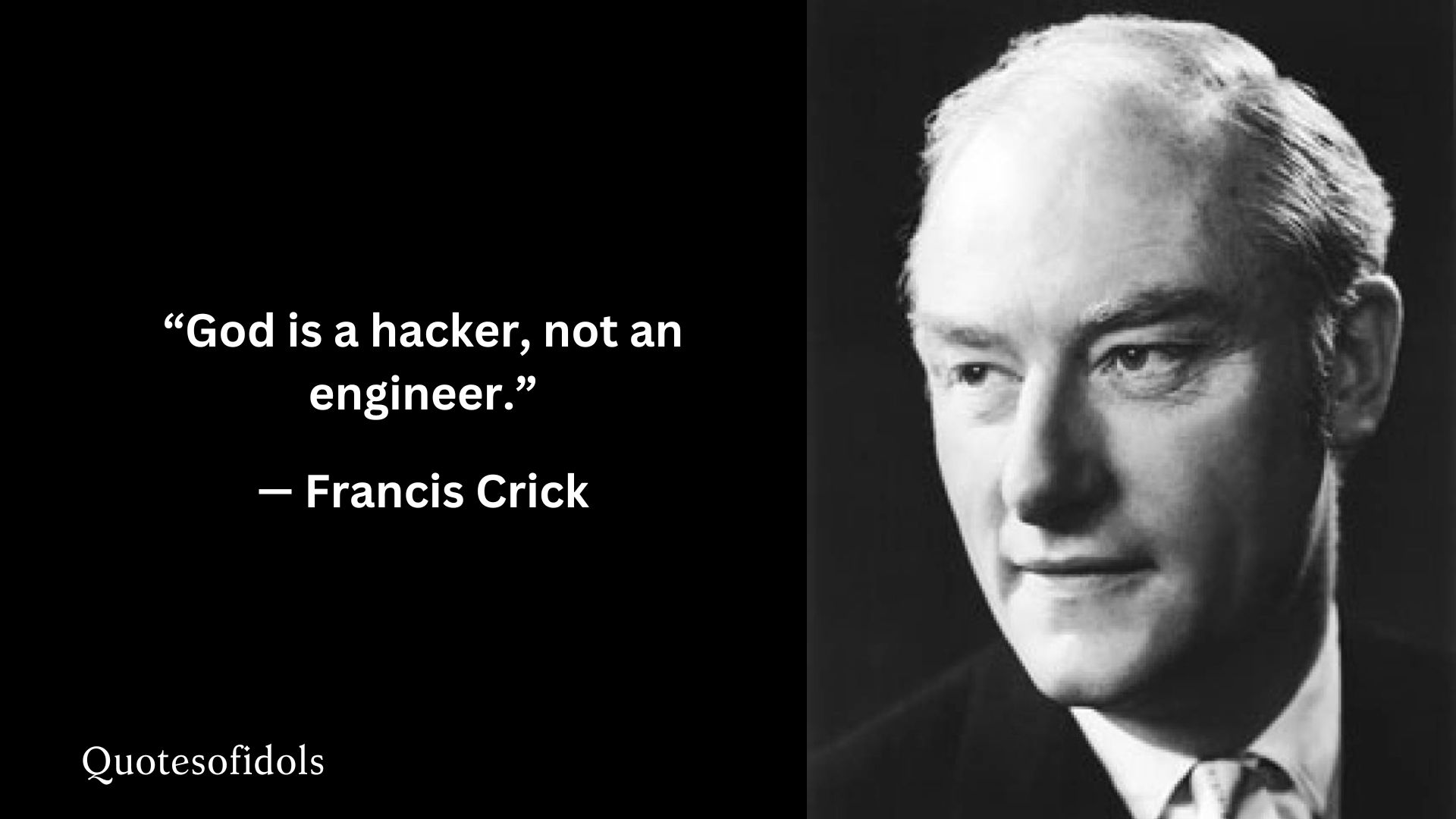
Francis Crick (1916–2004) was an eminent British molecular biologist, biophysicist, and neuroscientist, most renowned for co-discovering the structure of DNA in 1953 with James Watson, based on Rosalind Franklin’s critical X-ray diffraction images. This monumental achievement laid the foundation for modern molecular biology and genetics. Crick and Watson’s identification of the double helix structure as a two-stranded spiral, with complementary bases pairing to form the rungs, fundamentally changed the understanding of genetic information storage, replication, and transmission. For this groundbreaking work, Crick, Watson, and Maurice Wilkins were awarded the Nobel Prize in Physiology or Medicine in 1962.
Francis Crick Quotes
1. “God is a hacker, not an engineer.”
— Francis Crick
2. “A busy life is a wasted life.”
— Francis Crick
3. “You can do reverse engineering, but you can’t do reverse hacking.”
— Francis Crick
4. “A good scientist values criticism almost higher than friendship: no, in science criticism is the height and measure of friendship.”
— Francis Crick
5. “Biologists must constantly keep in mind that what they see was not designed, but rather evolved.”
— Francis Crick
6. “The dangerous man is the one who has only one idea, because then he’ll fight and die for it.”
— Francis Crick
7. “You’re nothing but a pack of neurons.”
— Francis Crick
8. “There is no scientific study more vital to man than the study of his own brain. Our entire view of the universe depends on it.”
— Francis Crick
9. “Rather than believe that Watson and Crick made the DNA structure, I would rather stress that the structure made Watson and Crick.”
— Francis Crick
10. “The ultimate aim of the modern movement in biology is in fact to explain all biology in terms of physics and chemistry.”
— Francis Crick
11. “Evolution is cleverer than you are.”
— Francis Crick
12. “An honest man, armed with all the knowledge available to us now, could only state that in some sense, the origin of life appears at the moment to be almost a miracle, so many are the conditions which would have had to have been satisfied to get it going.”
— Francis Crick
13. “While Occam’s razor is a useful tool in the physical sciences, it can be a very dangerous implement in biology. It is thus very rash to use simplicity and elegance as a guide in biological research.”
— Francis Crick
14. “Almost all aspects of life are engineered at the molecular level, and without understanding molecules we can only have a very sketchy understanding of life itself.”
— Francis Crick
15. “Protein synthesis is a central problem for the whole of biology, and that it is in all probability closely related to gene action.”
— Francis Crick
16. “Exact knowledge is the enemy of vitalism.”
— Francis Crick
17. “Trying to determine the structure of a protein by UV spectroscopy was like trying to determine the structure of a piano by listening to the sound it made while being dropped down a flight of stairs.”
— Francis Crick
18. “Exploratory research is really like working in a fog. You don’t know where you’re going. You’re just groping. Then people learn about it afterwards and think how straightforward it was.”
— Francis Crick
19. “How do I know what I think until I hear what I say?”
— Francis Crick
20. “A theory should not attempt to explain all the facts, because some of the facts are wrong.”
— Francis Crick
21. “Christianity may be OK between consenting adults in private but should not be taught to young children.”
— Francis Crick
22. “One can say, looking at the papers in this symposium, that the elucidation of the genetic code is indeed a great achievement. It is, in a sense, the key to molecular biology because it shows how the great polymer languages, the nucleic acid language and the protein language, are linked together.”
— Francis Crick
23. “Avoid the temptation to work so hard that there is no time left for serious thinking.”
— Francis Crick
24. “It has not escaped our notice that the specific pairing we have postulated immediately suggests a possible copying mechanism for the genetic material.”
— Francis Crick
25. “A man who is right every time is not likely to do very much.”
— Francis Crick
26. “One of the most frightening things in the Western world, and in this country in particular, is the number of people who believe in things that are scientifically false. If someone tells me that the earth is less than 10,000 years old, in my opinion he should see a psychiatrist.”
— Francis Crick
27. “All approaches at a higher level are suspect until confirmed at the molecular level.”
— Francis Crick
28. “Chance is the only source of true novelty.”
— Francis Crick
29. “In the fullness of time, educated people will believe there is no soul independent of the body, and hence no life after death.”
— Francis Crick
30. “There is no form of prose more difficult to understand and more tedious to read than the average scientific paper.”
— Francis Crick
31. “Free will is located in or near the anterior cingulate sulcus.”
— Francis Crick
32. “It now seems certain that the amino acid sequence of any protein is determined by the sequence of bases in some region of a particular nucleic acid molecule.”
— Francis Crick
33. “Again the message to experimentalists is: Be sensible but don’t be impressed too much by negative arguments. If at all possible, try it and see what turns up. Theorists almost always dislike this sort of approach.”
— Francis Crick
34. “It is notoriously difficult to define the word living.”
— Francis Crick
35. “It is not easy to convey, unless one has experienced it, the dramatic feeling of sudden enlightenment that floods the mind when the right idea finally clinches into place.”
— Francis Crick
36. “It seems likely that most if not all the genetic information in any organism is carried by nucleic acid – usually by DNA, although certain small viruses use RNA as their genetic material.”
— Francis Crick
37. “A knowledge of the true age of the Earth and of the fossil record makes it impossible for any balanced intellect to believe in the literal truth of every part of the Bible in the way that fundamentalists do.”
— Francis Crick
38. “The meaning of this observation is unclear, but it raises the unfortunate possibility of ambiguous triplets; that is, triplets which may code more than one amino acid. However one would certainly expect such triplets to be in a minority.”
— Francis Crick
39. “In my experience most mathematicians are intellectually lazy.”
— Francis Crick
40. “We have to take away from humans in the long run their reproductive autonomy as the only way to guarantee the advancement of mankind.”
— Francis Crick
41. “It is essential to understand our brains in some detail if we are to assess correctly our place in this vast and complicated universe we see all around us.”
— Francis Crick
42. “Do codons overlap? In other words, as we read along the genetic message do we find a base which is a member of two or more codons? It now seems fairly certain that codons do not overlap.”
— Francis Crick
43. “If revealed religions have revealed anything it is that they are usually wrong.”
— Francis Crick
44. “In my experience most mathematicians are intellectually lazy and especially dislike reading experimental papers. He seemed to have very strong biological intuitions but unfortunately of negative sign.”
— Francis Crick
45. “I had discovered the gossip test – what you are really interested in is what you gossip about.”
— Francis Crick
46. “How is the base sequence, divided into codons? There is nothing in the backbone of the nucleic acid, which is perfectly regular, to show us how to group the bases into codons.”
— Francis Crick
47. “The major credit I think Jim and I deserve is for selecting the right problem and sticking to it. It’s true that by blundering about we stumbled on gold, but the fact remains that we were looking for gold.”
— Francis Crick
48. “What could be more foolish than to base one’s entire view of life on ideas that, however plausible at the time, now appear to be quite erroneous? And what would be more important than to find our true place in the universe by removing one by one these unfortunate vestiges of earlier beliefs?”
— Francis Crick
49. “Jim and I hit it off immediately, partly because our interests were astonishingly similar and partly, I suspect, because a certain youthful arrogance, a ruthlessness, an impatience with sloppy thinking can naturally to both of us.”
— Francis Crick
50. “A person’s mental activities are entirely due to the behavior of nerve cells, glial cells, and the atoms, ions, and molecules that make them up and influence them.”
— Francis Crick
51. “It is amateurs who have one big bright beautiful idea that they can never abandon. Professionals know that they have to produce theory after theory before they are likely to hit the jackpot.”
— Francis Crick
52. “If poly A is added to poly U, to form a double or triple helix, the combination is inactive.”
— Francis Crick
53. “Human beings… are far too prone to generalize from one instance. The technical word for this, interestingly enough, is superstition.”
— Francis Crick
54. “A comparison between the triplets tentatively deduced by these methods with the changes in amino acid sequence produced by mutation shows a fair measure of agreement.”
— Francis Crick
55. “Since I essentially knew nothing, I had an almost completely free choice.”
— Francis Crick
56. “Unfortunately it makes the unambiguous determination of triplets by these methods much more difficult than would be the case if there were only one triplet for each amino acid.”
— Francis Crick
57. “If, for example, all the codons are triplets, then in addition to the correct reading of the message, there are two incorrect readings which we shall obtain if we do not start the grouping into sets of three at the right place.”
— Francis Crick
58. “A final proof of our ideas can only be obtained by detailed studies on the alterations produced in the amino acid sequence of a protein by mutations of the type discussed here.”
— Francis Crick
59. “The balance of evidence both from the cell-free system and from the study of mutation, suggests that this does not occur at random, and that triplets coding the same amino acid may well be rather similar.”
— Francis Crick
60. “Moreover the incorporation requires the same components needed for protein synthesis, and is inhibited by the same inhibitors. Thus the system is most unlikely to be a complete artefact and is very probably closely related to genuine protein synthesis.”
— Francis Crick
61. “It would appear that the number of nonsense triplets is rather low, since we only occasionally come across them. However this conclusion is less secure than our other deductions about the general nature of the genetic code.”
— Francis Crick
62. “It now seems very likely that many of the 64 triplets, possibly most of them, may code one amino acid or another, and that in general several distinct triplets may code one amino acid.”
— Francis Crick
63. “It has yet to be shown by direct biochemical methods, as opposed to the indirect genetic evidence mentioned earlier, that the code is indeed a triplet code.”
— Francis Crick
64. “If the code does indeed have some logical foundation then it is legitimate to consider all the evidence, both good and bad, in any attempt to deduce it.”
— Francis Crick
65. “Attempts have been made from a study of the changes produced by mutation to obtain the relative order of the bases within various triplets, but my own view is that these are premature until there is more extensive and more reliable data on the composition of the triplets.”
— Francis Crick
66. “Only gradually did I realize that this lack of qualification could be an advantage. By the time most scientists have reached age thirty they are trapped by their own expertise. They have invested so much effort in one particular field that it is often extremely difficult, at that time in their careers, to make a radical change. I, on the other hand, knew nothing, except for a basic training in somewhat old-fashioned physics and mathematics and an ability to turn my hand to new things. I.”
— Francis Crick
67. “Whatever has a beginning must have an ending.”
— Francis Crick
68. “Anybody who believes that the earth is less than 10,000 years old needs psychiatric help.”
— Francis Crick
69. “This seems highly likely, especially as it has been shown that in several systems mutations affecting the same amino acid are extremely near together on the genetic map.”
— Francis Crick
70. “The hallmark of a successful theory is that it predicts correctly facts that were not known when the theory was presented, or, better still, which were then known incorrectly. A good theory should have at least two characteristics: it should be in sharp contrast to at least one alternative idea and it should make predictions which are testable.”
— Francis Crick
71. “It is one of the more striking generalizations of biochemistry – which surprisingly is hardly ever mentioned in the biochemical textbooks – that the twenty amino acids and the four bases, are, with minor reservations, the same throughout Nature.”
— Francis Crick
Beyond the DNA structure, Crick made significant contributions to the deciphering of the genetic code and the understanding of the process by which genetic information is translated from nucleic acids to proteins. In his later years, Crick focused on neuroscience, exploring the biological basis of consciousness. His curiosity-driven research across disciplines underscored his profound impact on the scientific understanding of life itself.

